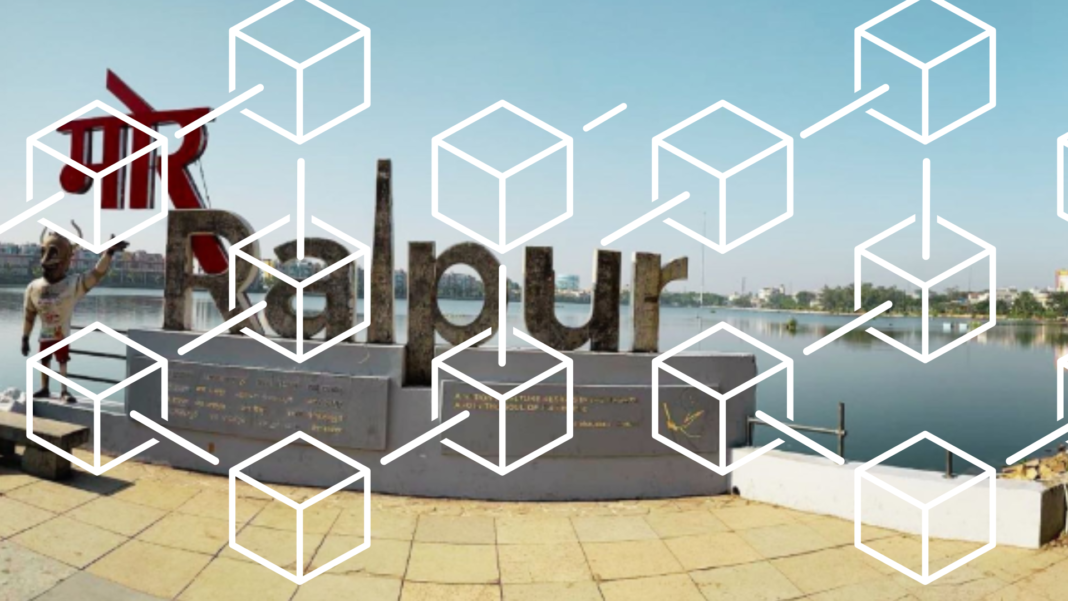Raipur, the capital of Chhattisgarh in India, is set to revolutionize its real estate sector by integrating blockchain technology to manage its records. This initiative, in partnership with AirChains, aims to prevent fraud and reduce processing times significantly—from one month to just three days.
Abinash Mishra, the commissioner of the Raipur Municipal Corporation, emphasized the need for secure certification and highlighted the importance of decentralization for the future. “We issue building permission certificates and have faced many issues such as document forgery. Working with AirChains, we developed a solution, and we are now exploring similar blockchain-based documentation for essential services like birth, death, and marriage certificates,” Mishra said in an interview with CoinDesk.
AirChains Selected for the Blockchain Integration in Real Estate
Every year, Raipur oversees more than 8,000 development approvals, work orders and building permits. After the city issued a call for proposals, AirChains was selected as the project partner. This program is a component of a larger effort to safeguard and optimise municipal services.
According to Mishra, the present verification procedure for applications for building permits involves many processes and contact between different parties, and it can take at least one month. Reducing this to only three days will improve security and efficiency. Mishra stated, “This is a small initiative, but I believe many people will adopt it,” highlighting the possibility of blockchain technology becoming more widely used.
Challenges of the Indian Real Estate Sector
India’s real estate market has seen several difficulties recently, beginning with the demonetisation process and continuing with the implementation of the GST regime and the pandemic, which had a devastating effect on the sector in 2020.
The robust demand in the residential segment propelled the sector’s resilience in the face of these difficulties. People came to understand how important it was to own a home as a crucial asset and safeguard against natural disasters. This emphasises how much more need is there to organise and secure the real estate industry.
In related news, on July 23, India’s Finance Minister Nirmala Sitharaman declared that the indexation advantage for real estate sales will no longer be available. This was part of the Union Budget 2024. Due to this modification, property owners will have a higher capital gains tax obligation since they would be unable to use inflation to alter their purchase price. This change in legislation highlights the need for better safe and effective transaction processes by adding another level of complexity to the real estate industry.
The Need for Blockchain in Real Estate
Real estate expert and founder of Realflip, a blockchain-based real-estate farm, Jaimee Ligan highlighted the substantial hurdles within the sector associated with safety and documentation. She sees blockchain as a solution for a more transparent and immutable real estate ownership and escrow program.
Ligan noted that the current system involves a lot of mistrust, with brokers or agents often relying on informal communication and uncertain transaction processes. “There’s a lot of mistrust in these transactions, and I’m looking for a way to help streamline everything and solve a lot of these problems,” she stated.


